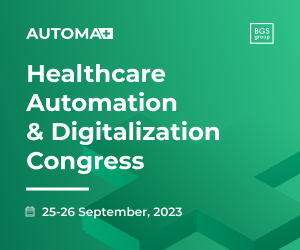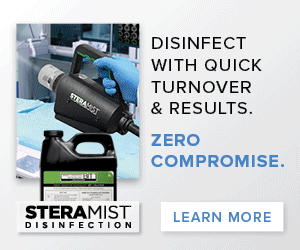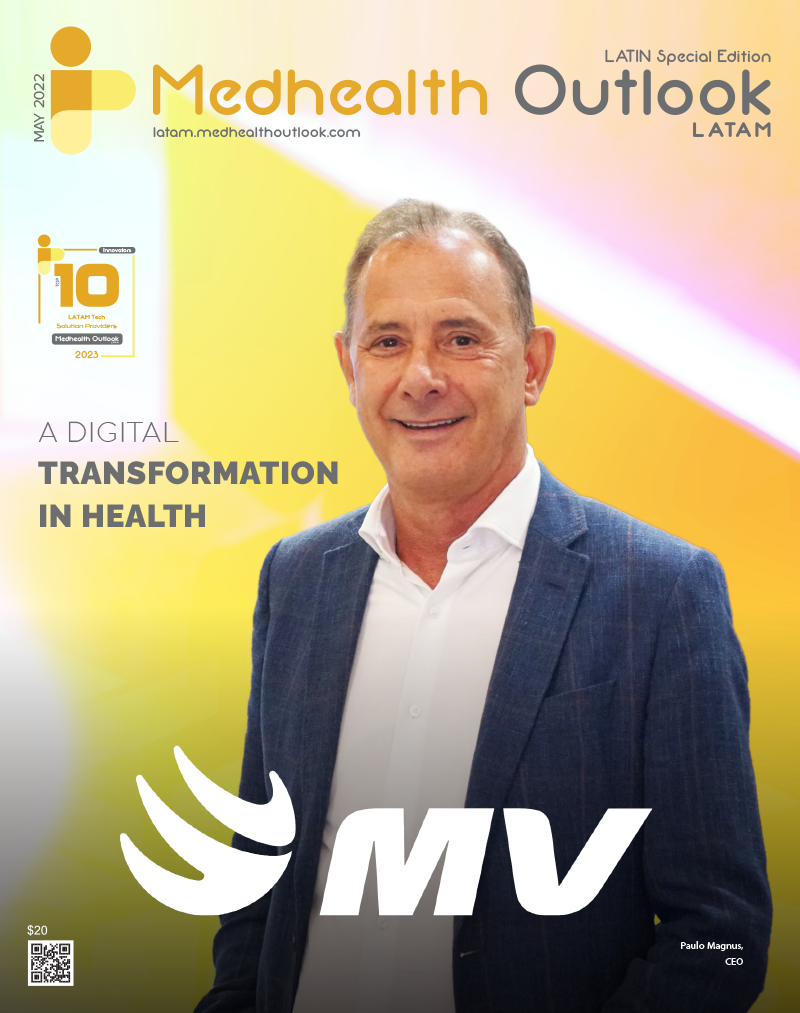Food insecurity, which is defined as limited or uncertain access to adequate food, impacted an estimated 33.8 million Americans in 2021. These are families and households that often struggle to afford healthy foods for balanced meals; in a worst-case scenario, their food may run out before they have money to buy more, forcing them to cut the size of meals or skip them entirely.
Nutrient-poor diets can lead to a number of health issues, including obesity, heart disease, hypertension, diabetes and other chronic disease. It can also add stress and cause difficulties managing diet-related chronic conditions. Such effects are amplified for the estimated one in eight families with children who experience food insecurity. Children who face hunger typically struggle in school, experience developmental delays with language and motor skills, and may struggle with social and behavioral problems.
To help raise awareness of this health crisis, September is recognized as Hunger Action Month. As communities consider how they can address food insecurity and improve long-term health outcomes, healthcare insurance plans have an opportunity to step up and play a crucial role in finding a solution. In particular, supplemental benefit programs have emerged as a valuable tool for plans to disperse funds directly to members for purchasing healthy foods to support a nutritious diet and avoid food insecurity.
The question, then, is how health plans can best empower their members to use supplemental benefits in preventing food insecurity.
One effective approach is working with payments technology partners to deliver supplemental benefit funds via restricted-spend prepaid cards that can only be used to purchase select healthy foods and meal delivery services. In addition to streamlining benefit delivery, this can help eliminate costly logistical tasks such as tracking spending, reimbursements, or misappropriation of funds.
Delivering Benefits with Ease
Programs for distributing healthy food benefits exist today, but they have historically been limited by administrative costs and inefficiencies that make it difficult to ensure funds are properly spent on nutritious items. For example, some distribution models rely on cash handouts, which incur greater risks from handling to transferring, and they offer no oversight into spending.
Other models focus on reimbursing members after they purchase food with their own money. However, reimbursements and vouchers come with a significant time cost and can require additional personnel to manage approvals or recurring physical distributions.
Reloadable prepaid cards offer a streamlined approach for overcoming these challenges. Health plans can work with payments technology partners to create custom-branded cards that are reloaded digitally. This ensures members reliably receive recurring disbursements of supplemental benefit dollars.
Ensuring Proper Usage
Even if a health plan uses prepaid cards to deliver supplemental benefits, it can be difficult to ensure disbursed funds are used to purchase food items that guide households toward healthier dietary habits as opposed to unhealthy snacks and sugary treats.
This is where innovations in payments technology come into play. Health plans should ensure the prepaid cards they use to disperse benefit funds have restricted-spend capabilities, which only allow the cards to be accepted at select retailers and for specific items. Purchases are approved or declined at the point of sale using defined, customizable catalogs that track eligible items at the universal product code (UPC) level.
This means the program not only excludes extraneous purchases, such as alcohol and tobacco, but also it limits eligible products to avoid excess added sugars, sodium and fats. Ultimately, these parameters support proper nutrition while still giving health plan members a wide range of options.
Overcoming Geographical Hurdles
Lack of funds is not the only thing that can put a household at risk of food insecurity. Health plans must also consider how they can help members physically access stores and other sources of healthy foods. For example, an elderly individual may not have the ability to drive to a nearby supermarket, or a family may be too busy to pick up groceries.
Health plans can account for geographic challenges by expanding supplemental benefit programs to include meal and produce delivery services, which provide members with the option to have healthy meals sent to their homes through Instacart, Uber Eats or other apps.
Historically, offering multiple types of benefits – such as funds for healthy foods and services for meal delivery – required health plans to create multiple cards or accounts for each benefit. Yet adding such complexity can make it more difficult for members to use these valuable tools. An easy solution is combining all member benefits onto a single account. An example of such a solution in action is InComm Healthcare’s Dual Network Benefit Card™, which enables health plans to provide members with one card they can use to spend benefit funds on over-the-counter products, healthy foods, meal delivery services and more.
Creating Healthy Outcomes
Food insecurity, hunger and malnutrition significantly weaken the immune system – especially for children, the elderly and immunocompromised individuals. Strengthening communities and combatting this public health crisis begins with empowering families to regularly purchase healthy foods.
Health plans can and should play a proactive role in supporting their members with the financial means to access better nutrition. With an effective payments technology partner, health plans can deliver funds and services to members via restricted-spend prepaid cards during Hunger Action Month and beyond.
About the Author
Dave Etling is Senior Vice President and General Manager of InComm Healthcare. To learn more about the company’s award-winning work enhancing health plan supplemental benefits, visit: www.incomm.com/products/healthcare-solutions/.












